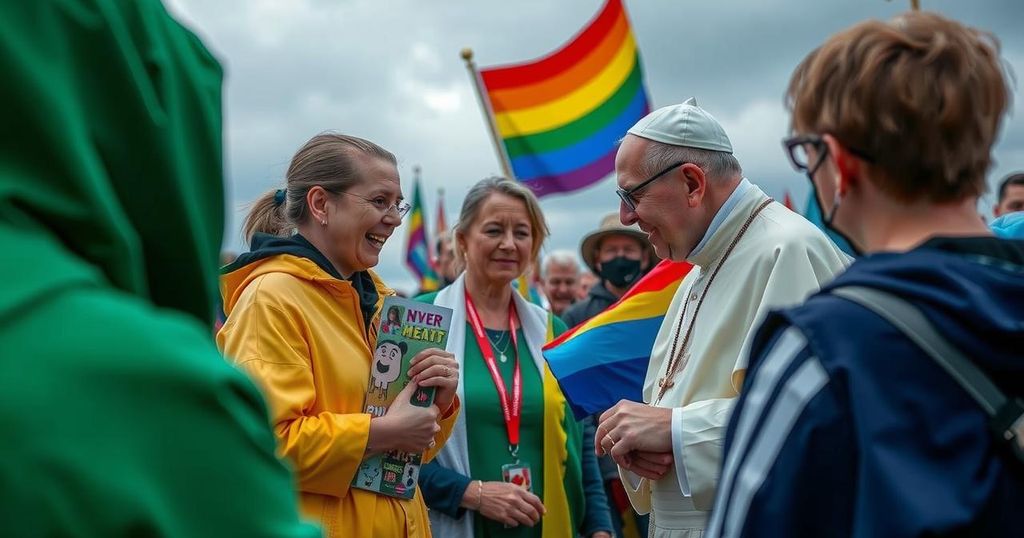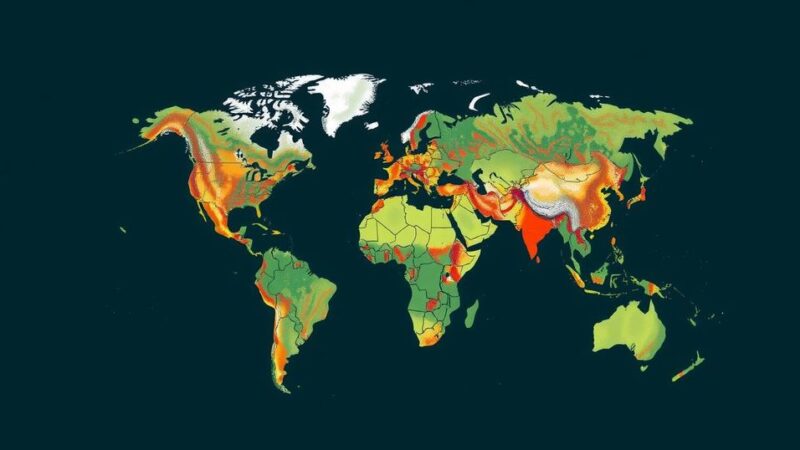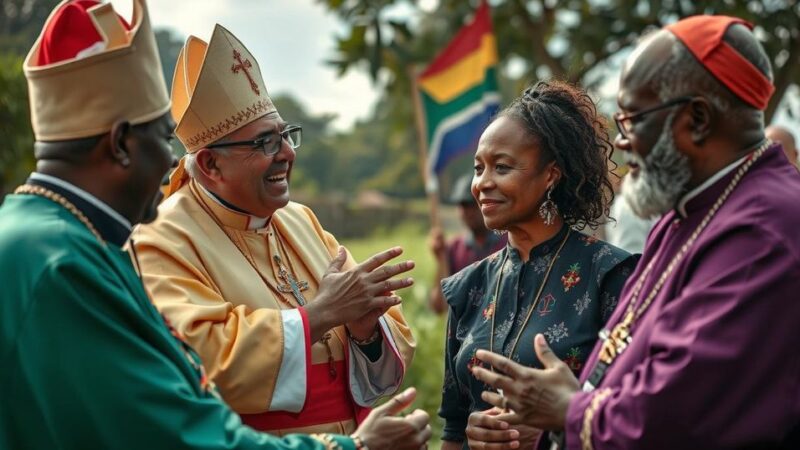At the COP29 climate summit, the Vatican and a coalition of countries have stalled negotiations on women’s rights, opposing the inclusion of gender references that may encompass LGBTQ+ issues. This opposition threatens crucial support for women affected by climate change, as Colombia’s environment minister highlighted the urgent need for gender-focused initiatives. With the existing UN gender action plan set to expire, the lack of progress raises concerns about future funding and women’s representation in climate debates.
The Vatican has obstructed discussions on women’s rights during the UN COP29 climate summit, aligning with nations such as Saudi Arabia, Russia, Iran, and Egypt. Reports indicate this coalition is resisting a deal that would enhance support for women affected by climate change, amidst concerns regarding the inclusion of transgender and gay individuals in gender-related discussions. Colombia’s environment minister emphasized the unacceptable nature of this obstruction, insisting that efforts towards the recognition of women’s rights must not be undermined. Despite the acknowledgment of women’s disproportionate risks associated with climate change, this standoff jeopardizes crucial funding and support initiatives. For over a decade, global consensus has recognized that women, especially in developing regions, bear the brunt of climate-related challenges. The upcoming decision on funding and programs regarding gender and climate change is critical as the existing UN framework on this matter is set to lapse at the end of the year. Observers have expressed dismay at the actions of countries opposing the recognition of broader gender issues. The lack of women’s representation in negotiations has also raised concerns about the outcomes, as their experiences and needs may not be adequately considered.
The issue of gender rights in the context of climate change has garnered significant attention, particularly as studies show women are disproportionately affected by climate-related disasters and changes. The ongoing COP29 climate summit in Azerbaijan aimed to revise a decade-old UN action plan, known as the Lima Work Programme on Gender, which focused on incorporating women’s experiences in climate strategies. The current contention surrounds the interpretation and inclusion of the term “gender” and associations with LGBTQ+ rights, to which a coalition of countries has raised objections, halting progress on pivotal agreements aimed at supporting women facing the impacts of climate change.
The standoff between the Vatican and several countries at COP29 over gender rights represents a significant barrier to advancing women’s support in the face of climate change. With the UN action plan on gender due to expire, the obstructionists’ refusal to acknowledge broader gender rights may have lasting implications for funding and strategies that are critical for assisting vulnerable populations. The negotiations underscore the need for improved representation and consideration of women’s voices in climate discussions.
Original Source: www.bbc.com


